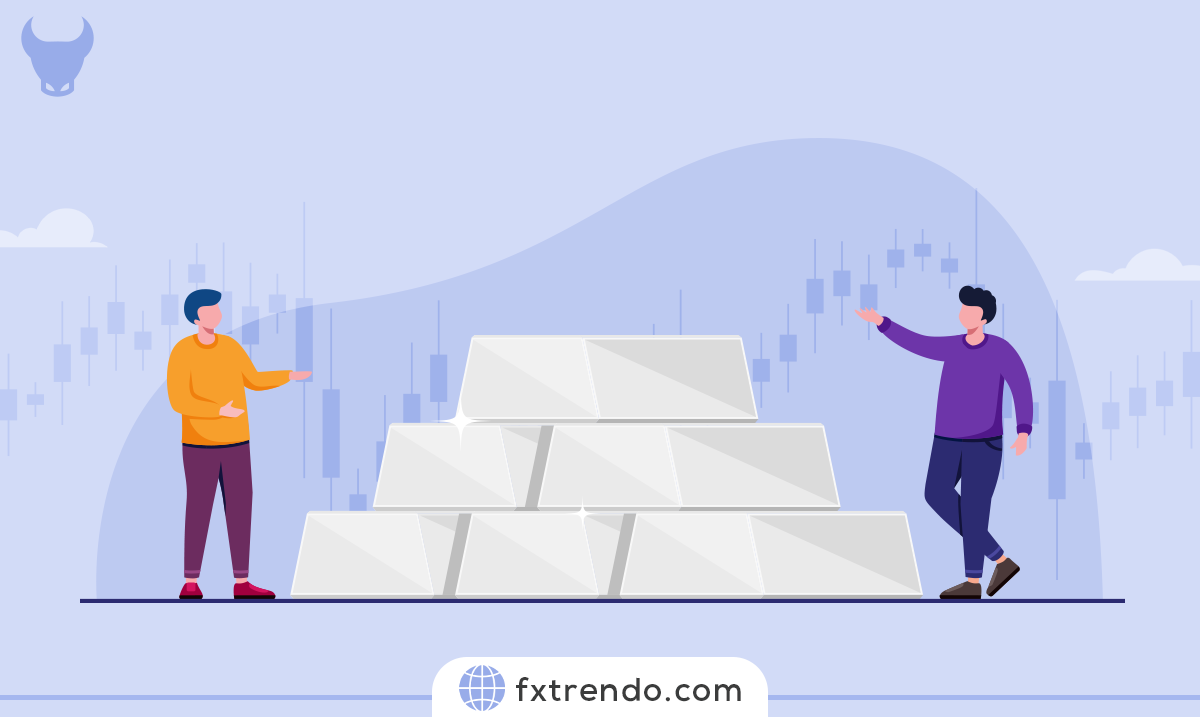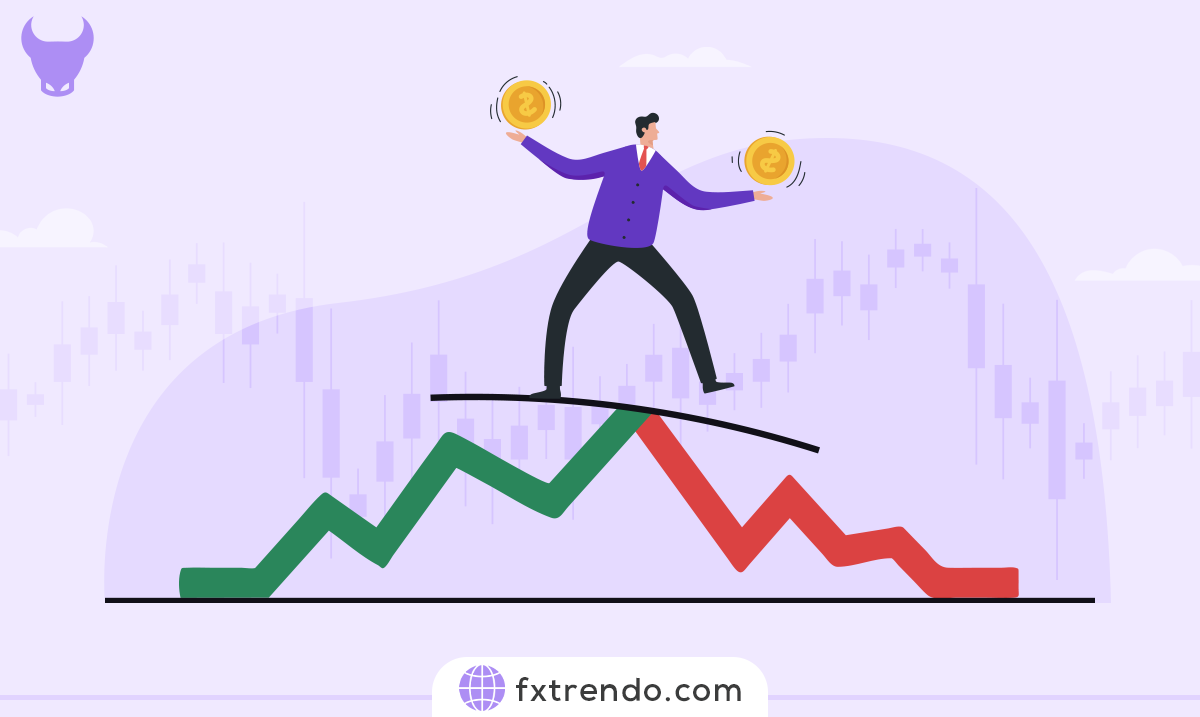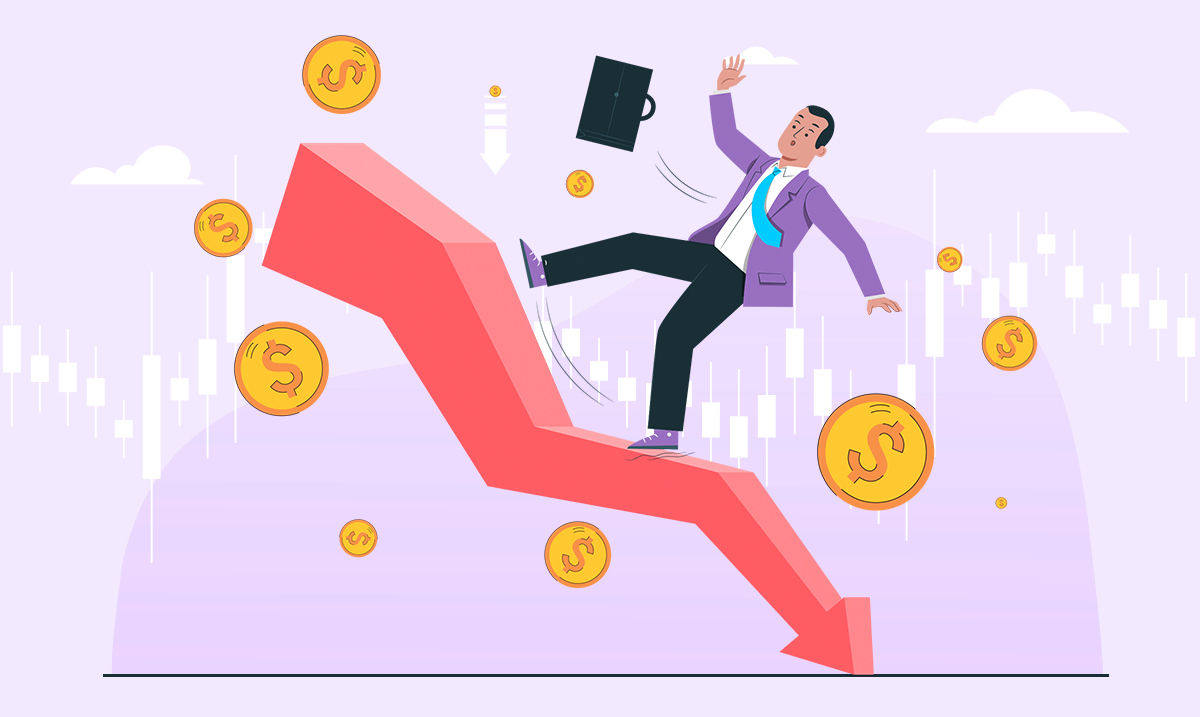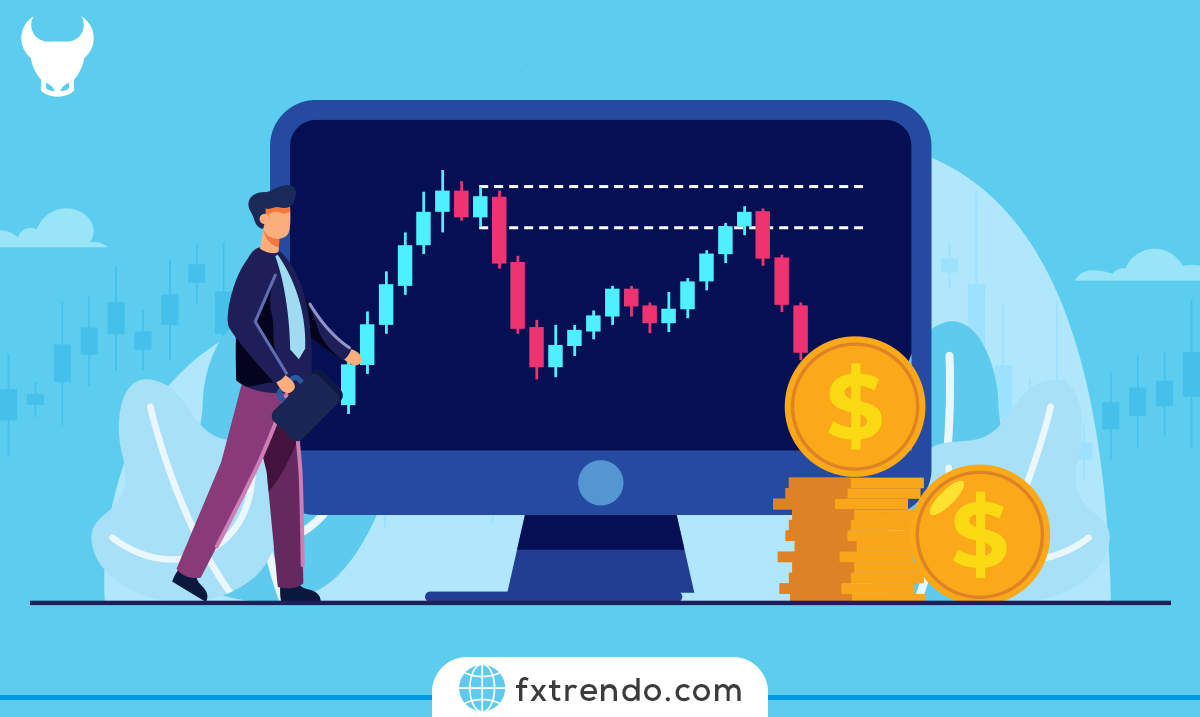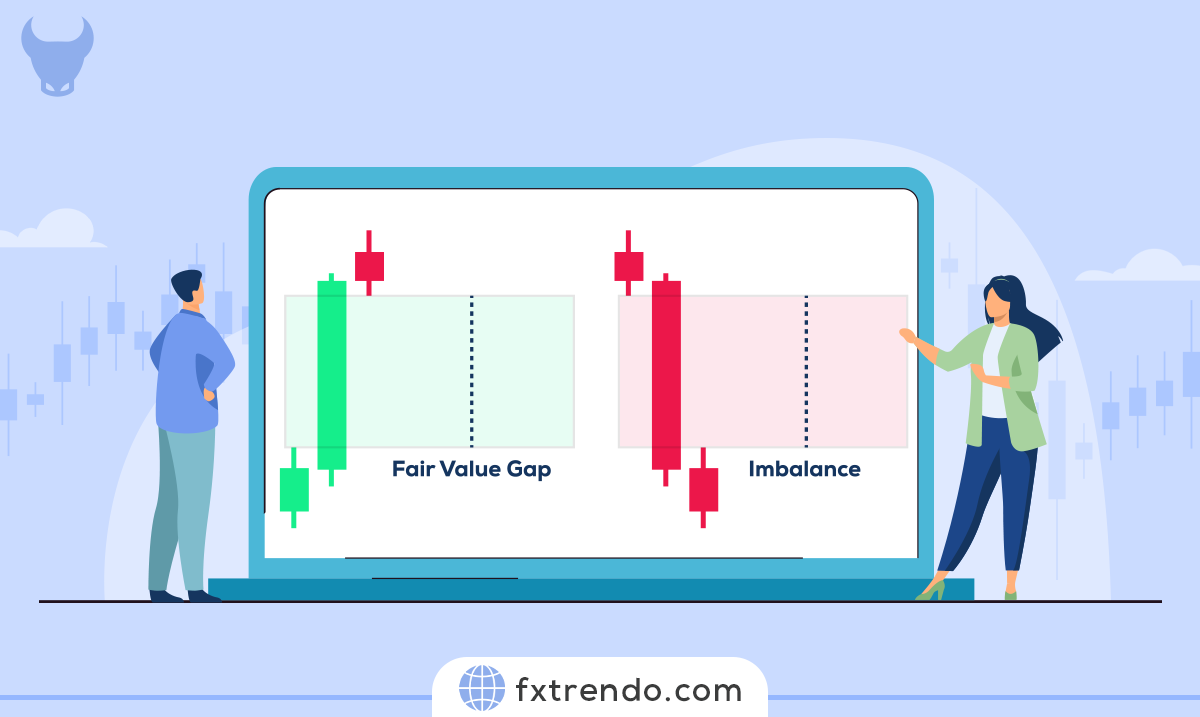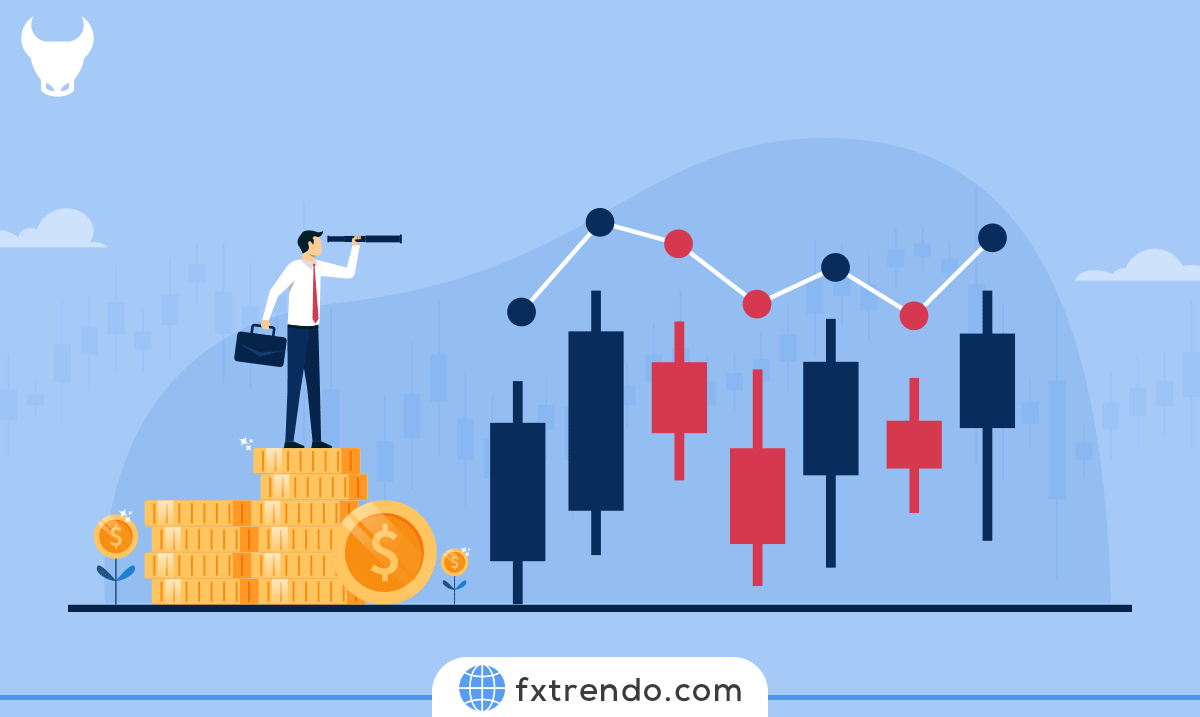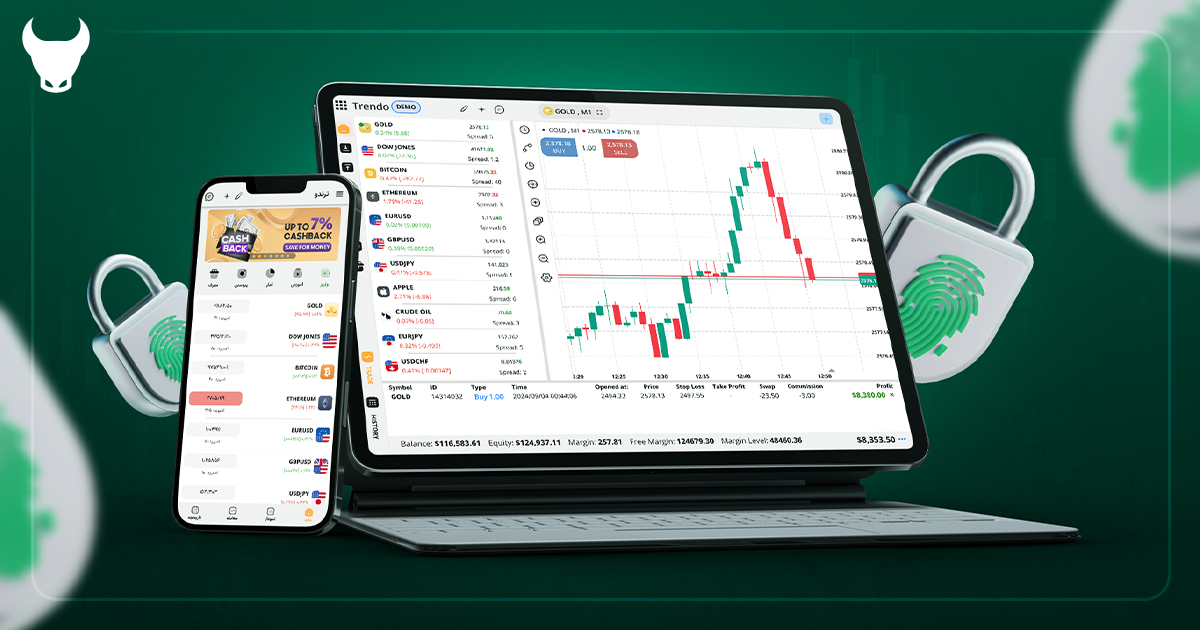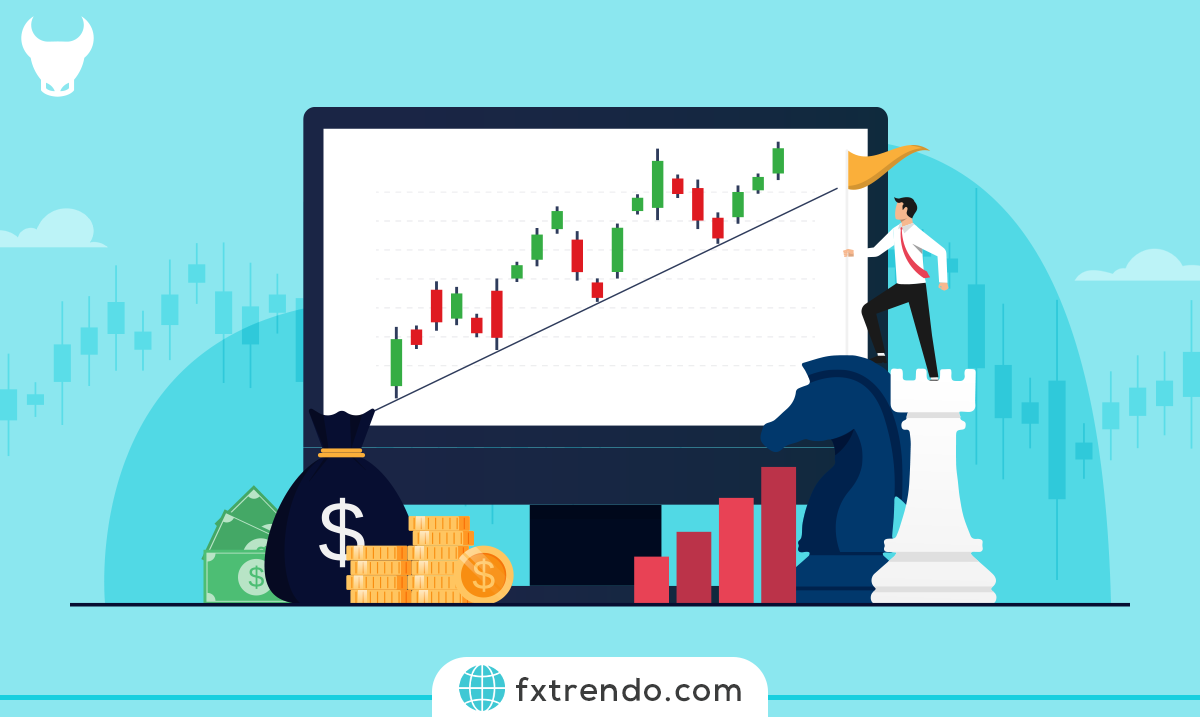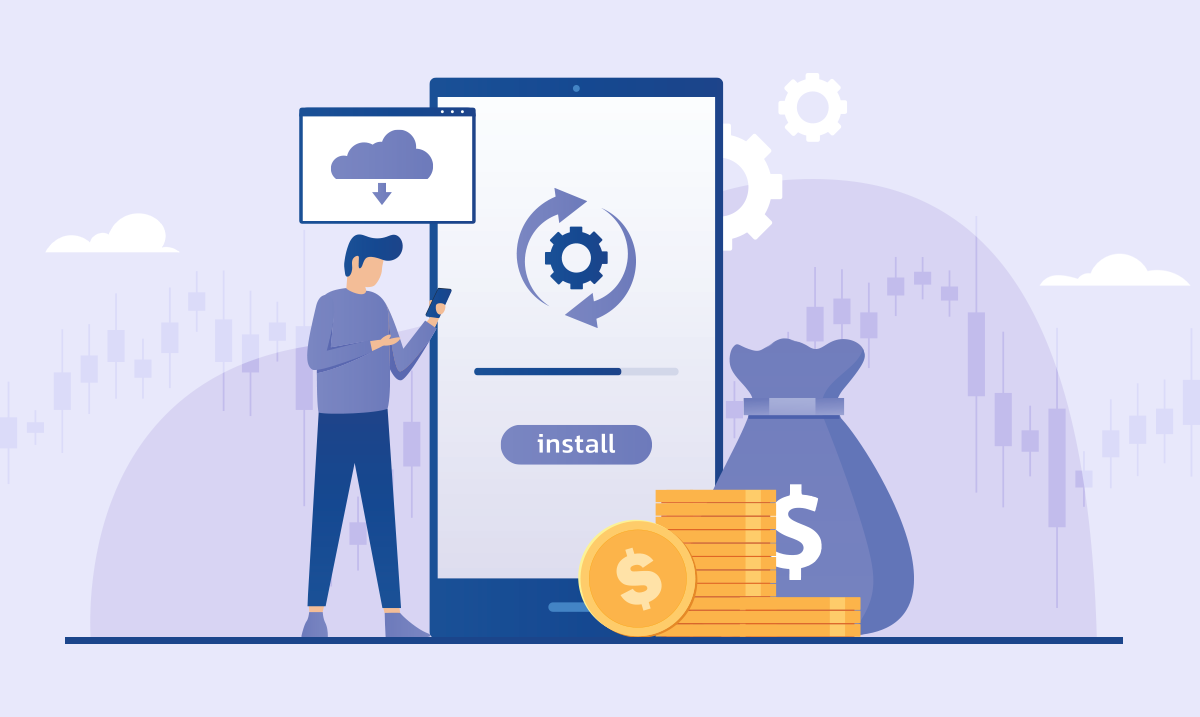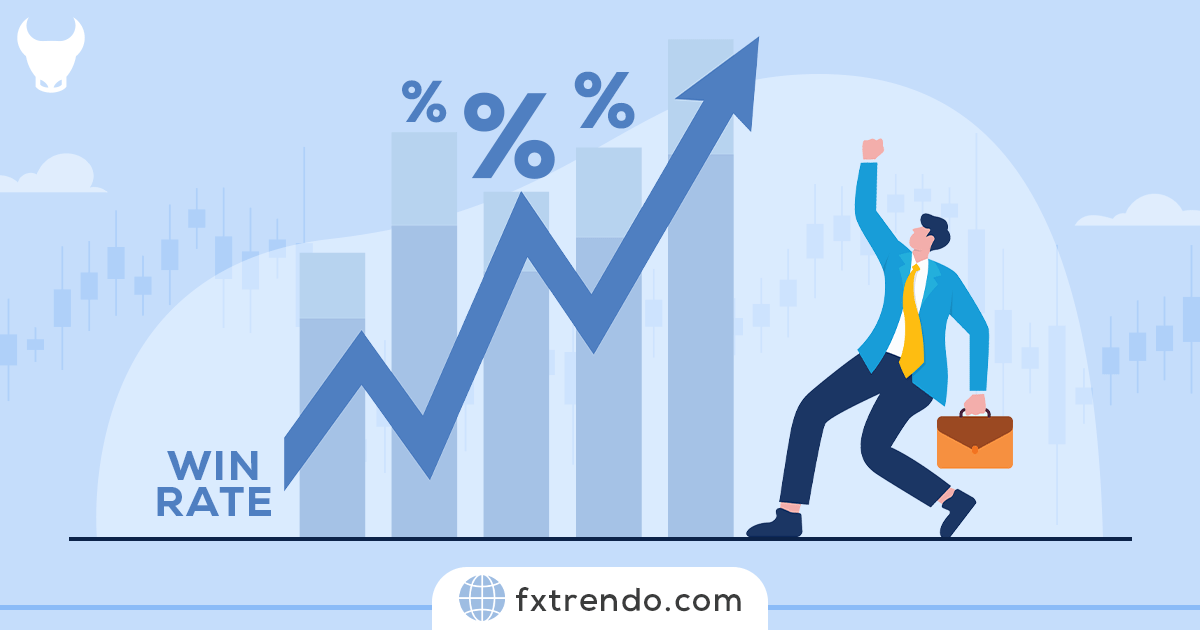Margin call and Stop Out in Forex
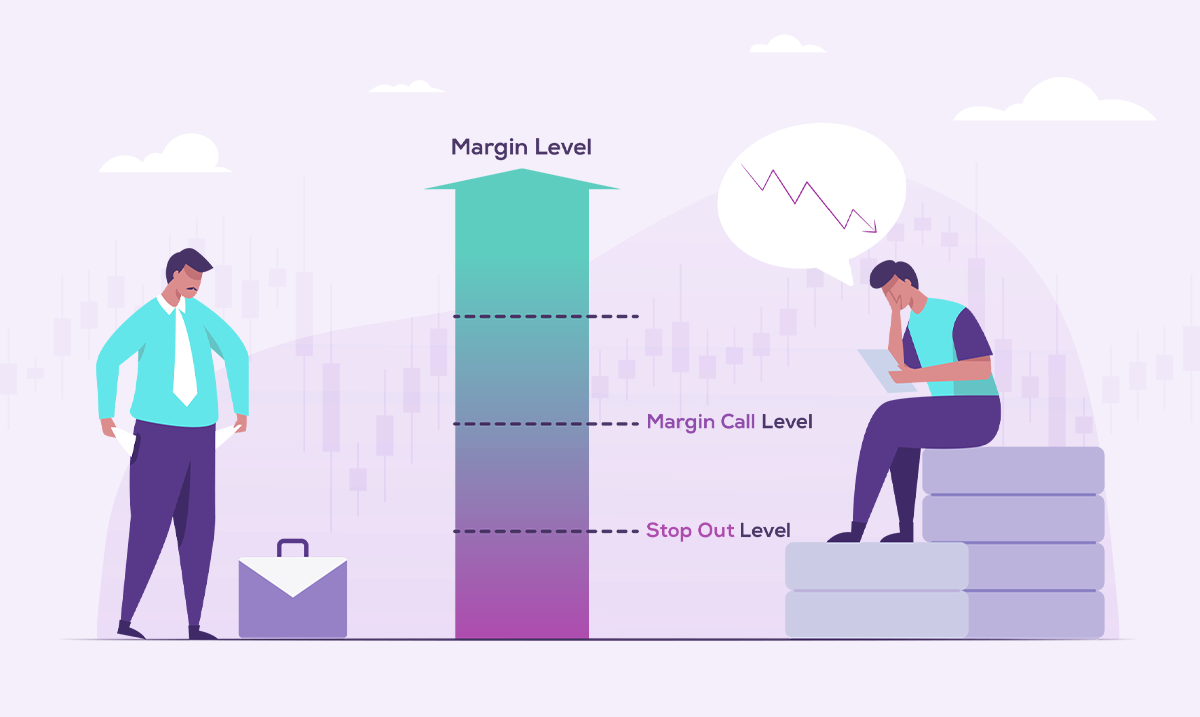

In many financial markets, including forex, trading is done as a margin. In these markets, brokers use margin and leverage to allow users to trade more than their capital. Brokers prevent the loss of traders' capital in forex and financial markets by using margin call and stop out rules for margin and leverage. These rules serve as protective measures against capital loss.
Contents
What is Margin Call?
A margin call is triggered when the losses from ongoing trades in a trader’s account exceed a threshold known as the “Margin Call Level.”
Under these circumstances, traders are unable to initiate new trades due to a lack of free margin or adequate balance for a new trade. Consequently, they will encounter a warning message stating, “You do not have enough money.”
In simple terms, a margin call is a situation where the trader cannot open a new trade due to insufficient stock.
The margin call level differs for different brokers. Brokers set the margin call level rules at their discretion. Traders must read the rules when registering. The margin call is 100% in Trendo broker, and the trader can use all the free margin for trading. A 100% margin call occurs when the user has no more free margin for a new trade.
A free margin is an amount traders can use to make a trade. It’s the remaining balance after the amount, which the broker holds as a security deposit and margin for executing a trade, is subtracted from it. In essence, it’s the capital that’s not currently tied up in active trades and can be used for new trading opportunities.
What is Stop Out?
If a trader’s losses reach a point where the stop out level of their account is triggered, the broker will automatically intervene. The broker does this by closing the trader’s open trade or trades that are incurring the most losses.
This action is taken to prevent the trader’s account balance from dipping into the negative. Essentially, it’s a protective measure to avoid a scenario where the trader owes money to the broker.
The stop-out level is a predefined threshold. If the losses from a trader’s trades surpass a certain percentage of their account balance, the stop-out level is activated. Upon activation, the broker begins to close the trade or trades with the highest losses until the total loss drops below the stop-out level.
In other words, the remaining balance in the user's account should not fall below a certain percentage of the balance, otherwise, the user's stop out will activate.
It’s important to note that the stop-out ratio can vary among different brokers and is determined based on the broker’s specific rules, which every trader should read. For instance, the stop-out level at Trendo Broker is set at 70%.
Suppose a user has a $1000 balance in Trendo, and a gold buy trade is in progress. If the user's trade, loses 70% of the balance ($1000) , the stop out will activate. In other words, if the user's loss is $700, Trendo broker will close the trade due to stop out.
Stop out can also be explained this way: if the remaining balance of the user's account reaches 30%, the trade will be closed. In this example, if the equity reaches $300, the transaction will automatically close by the broker.
What is Margin Call and Stop Out difference?
There’s a common misconception due to a lack of adequate understanding, where many traders confuse the stop out state with a margin call. They often believe that a margin call results in the automatic closure of their trades, which is not accurate.
In reality, a margin call serves as an alert, indicating that the trader is prohibited from opening new positions due to substantial losses from their current trades. However, traders can rectify this situation by either injecting additional capital into their account (account top-up) or closing some of their existing trading positions. These actions can help increase the current balance ratio and free up margin for new trades.
The stop out stage comes after the margin call. At this point, the trader’s losses are so significant that the broker steps into automatically close trades. This measure is taken to prevent the trader’s account balance from depleting entirely or going into negative territory. It’s a protective mechanism implemented by brokers to safeguard both the trader and themselves from potential financial risks.
How to get out of the stop out and margin call state?
Experienced traders often employ certain strategies to prevent their accounts from reaching the stop out level and having their trades automatically closed by the broker. These strategies are typically implemented when their trades are incurring significant losses but haven’t yet hit the stop out percentage. Here are three common strategies:
The first strategy is to increase the balance or top up the account. This way, the trader reduces the possibility of stop out and can better manage trades. With online deposit methods in Trendo Broker, you can immediately top up the balance so that the account does not stop out.
The second method is to close one or more open trades. The trader decides to close some wrong trades, to reduce the possibility of a stop out in his account by checking his account and trades.
However, in the third method, traders reduce the probability of stop out using both account top up and closing some wrong trades methods.
Methods of preventing margin call and stop out
In financial markets, including forex, traders follow a trend so that their account does not suffer from margin calls and stop outs. Margin calls and stop-outs usually happen in high-risk trading conditions and are dangerous for traders.
To avoid margin calls and stop outs, traders need to adhere to capital management principles in their trading activities and strategies. By maintaining an appropriate trading volume and setting a loss limit - the two fundamental aspects of capital management - traders can effectively avoid encountering margin calls and stop outs.
Traders must use appropriate leverage in their trading accounts. Lower leverage in an account implies less free margin available for trades. Consequently, the tradable volume in the account decreases.
In other words, with lower leverage, a trader can trade with a smaller volume, which reduces the potential for large losses. This, in turn, decreases the likelihood of the account reaching the margin call or stop out levels.
It’s important for traders to avoid utilizing the entire margin available in their account for trading purposes. It’s advisable not to engage in trading using the full margin and at the highest possible trading volume. The higher the trading volume, the more difficult it is to manage the trade, and the possibility of stop out and margin call also increases.
Why do brokers have stop out and call margin for trades?
Many unprofitable trades, if not stopped, the trades face losses exceeding the trader's account balance. For this reason, the broker sets a loss limit for the traders so that they do not have to compensate for the losses. Each broker or forex broker has their own process.
Each broker, including forex brokers, has their unique procedures and policies in place. As such, it’s crucial for traders to thoroughly read and understand the broker’s terms and conditions when opening a trading account.
Remember, trading involves risk and it’s important to trade responsibly. It’s always recommended to seek professional advice if needed.
Margin call and Stop out advantage
From a psychological perspective, margin calls and stop outs can indeed have a negative impact on a trader’s mood. These situations are generally unwelcome and traders often employ various strategies to avoid them.
However, it’s important to remember that margin calls and stop outs serve a crucial protective function. They prevent a trader’s capital from being completely depleted and provide an opportunity for the trader to recover and potentially regain their initial capital.
Therefore, when the account is stopped-out, it is better to strengthen your trading spirit, then start trading again after a few days of rest and capital management.
پست مرتبط
پربازدیدترین ها
4










